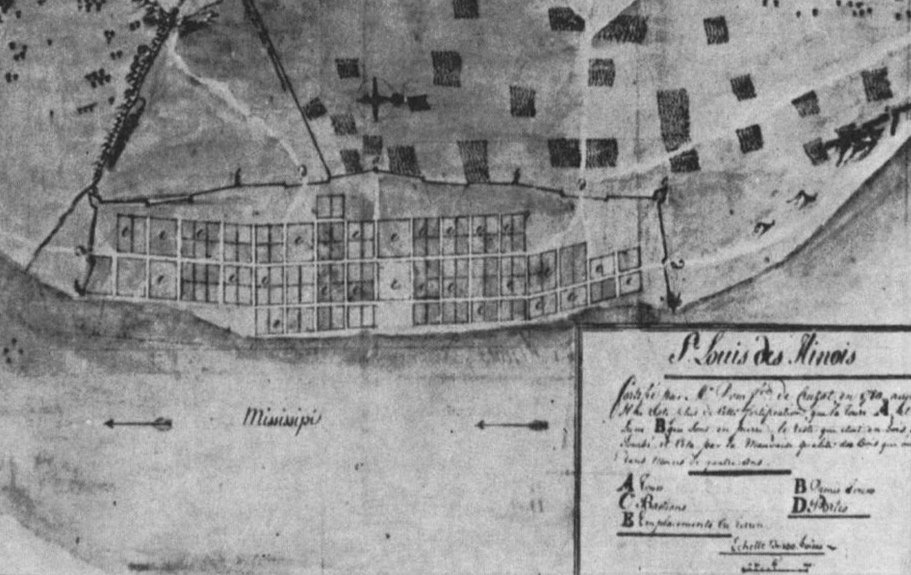History
Snapshots
In the snapshots below, we aim to show how racial views have shaped our nation's social, political, legal, and cultural development. We argue, as many historians do, that beliefs in Black racial "inferiority" and White racial "supremacy" have influenced our country alongside the goals of freedom and democracy. As we provide these overviews, we have sought to center and reference Black scholars as much as possible. Throughout the entire historuy section, we focus on two themes:
We examine the impact that the United States’ history with slavery and segregation has had on the Black community, particularly by controlling access to where Black people could live (land and housing) and what they could do to make money (economic livelihood).
We explore the ways that the hopes, dreams, patience, frustration, and anger drove the African American community to cultivate thriving communities and to push the United States toward a more perfect expression of our ideals of freedom and democracy.
In conclusion, we hope these snapshots inspire deeper study and promote understanding our history and what has led to many of the injustices we face today so that we are equipped to be better collaborators, problem solvers, and citizens for a more just country and world.
1718: African Slavery in the French and Spanish Colonies
Free Black men and women in the French and Spanish regions of the Americas maintained their freedom and established independent lives for themselves. Enslaved Africans under French rule were governed by a brutal enslavement code known as the Code Noir—which enforced the racial hierarchy and forced labor of Africans in the Americas.
1763: The Establishment of St. Louis and African Arrival
As with other colonial cities, St. Louis’ European population remained influenced by Western notions of race and viewed Africans as inferior to English, French, and Spanish colonists. Despite ongoing prejudice, free Black men and women lived and thrived in St. Louis in the late eighteenth century.
1770-1776: Resistance and Revolution
Fearing loss of control over Black people, American colonists united in their commitment to enslavement and utilized the language of political enslavement as justification for the revolution against Britain. African people across the colonies fought in small and big ways for their liberty and human rights.
1787: The U.S. Constitution and Black and White Founders
The White founders and writers of the Constitution protected and defended the legality of race-based forced bondage even while Black authors continued to highlight the inconsistent application of freedom and “inalienable rights” in the new country.
1790: The Color of Citizenship and Benjamin Banneker
In 1790, Congress passed the Naturalization Act, which denied U.S. citizenship to any Black man or woman, regardless of whether they were enslaved or free. Black Africans continued to assert their rightful citizenship and highlight their role as significant contributors to the development of the United States.




